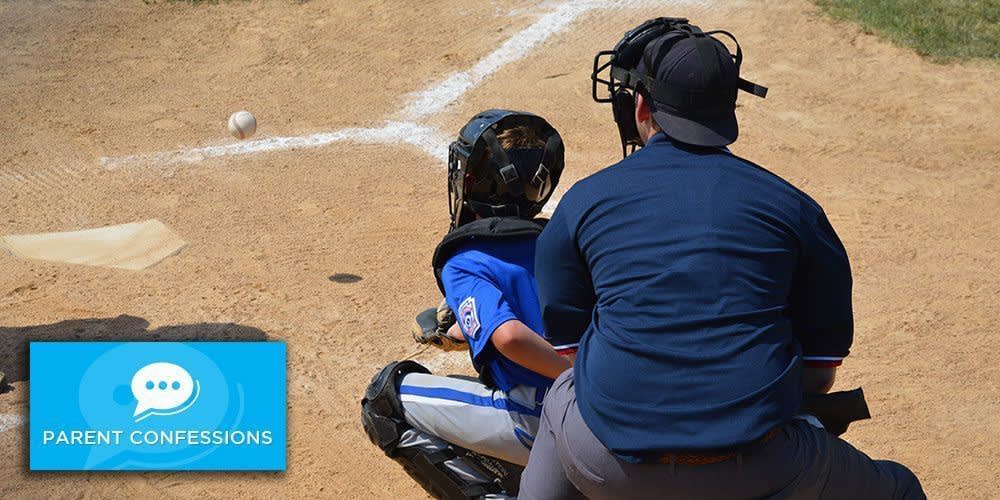
Joe gave me a glare I’ll never forget. He was one of our long-time umpires, and I was a long-time coach in our league. Like any coach, I did my share of grumbling about the umpiring.
Usually, I kept those complaints to myself, muttering under my breath. This time, I was a bit louder, and Joe heard me say, “Oh, come on!” after a close play at the plate. As the dust settled, Joe’s glare blazed at me straight through his mask.
Between innings, I apologized, and Joe waved the incident away with a smile. He was cool that way, but it all takes a toll. A couple seasons later, he announced he was hanging up the mask because he was tired of taking flak from coaches and parents.
Fast forward a few years. After my kids graduated out of Little League, I decided to give umpiring a try. Our league is always desperately short of umpires, and I wanted a good excuse to be at the fields.
I quickly learned how harmful my vocal grumblings as a coach were to my fellow volunteers. And, as a new umpire, the first thing I realized was just how difficult the job really is.
The strike zones are small, and the pitchers rarely throw the ball where the catchers set up. You can’t see the outside of the plate well, especially with smaller batters, and the strike zone is wildly different from one kid to the next. One batter is 5’9” and the next one is 4’2”, which makes a consistent strike zone nearly impossible to find.
Each game, you take a few fastballs and foul tips to the forearm, thigh, shoulder, facemask, or worse. That hurts. Some days, it’s so hot out there that you’re wiping sweat out of your eyes, trying to get a clear look.
You learn that those close tag plays can be really hard to call, especially when ball, glove, foot, and a cloud of sand all come together in an instant.
You try to get used to the “chirping” from coaches and parents, the same chirping I used to do, but it’s still gets to you.
Our league is tame compared to most, but occasionally a coach throws a tantrum in the dugout, and a few parents think it’s their job to ride the umpires from the first pitch.
Spectators might realize that Little League umpires are usually unpaid volunteers who are spending a couple of summer evenings each week because we love baseball and softball, and we enjoy working with the kids. But, once that first pitch is thrown, any sympathy for those volunteers fades away.
What they likely don’t realize is that umpires can hear and see just about everything. We’re constantly keeping our ears and eyes open for unsafe conditions. So, it’s easy to hear that coach moaning in the dugout or those parents complaining behind the backstop. Even that angry guy sitting beyond the outfield fence is clear as day.
Yes, umpires make mistakes. Over the years, I’ve missed balls and strikes and blown a few calls on the bases. But, like almost all umpires, I can honestly say that I’ve never “given” a call to one team or the other, and I’ve never changed my strike zone to benefit one team or another.
Volunteer umpires are out there to have fun, too. When coaches or parents ride the umpires, they are taking the fun away from everyone. The kids get upset. Parents in the stands think something is wrong. The umpire starts thinking this may be his or her last season taking this kind of abuse. It took me putting on the mask to realize that.
Most leagues are experiencing a chronic shortage of umpires. Our league has only a handful of regular umpires, and some of them have been around for a while. If a couple umpires decide they’ve had enough, we may not be able to run the league. That’s kind of scary.
I’ve learned a lot from Joe’s glare and my chirping. Now sitting in his shoes, when coaches or parents go over the line, I chat with them quietly between innings to try to calm things down. I reassure them that the umpires are doing the best we can.
I also tell them we’re always taking applications for any new volunteers who would like to strap on the gear and get behind the plate.